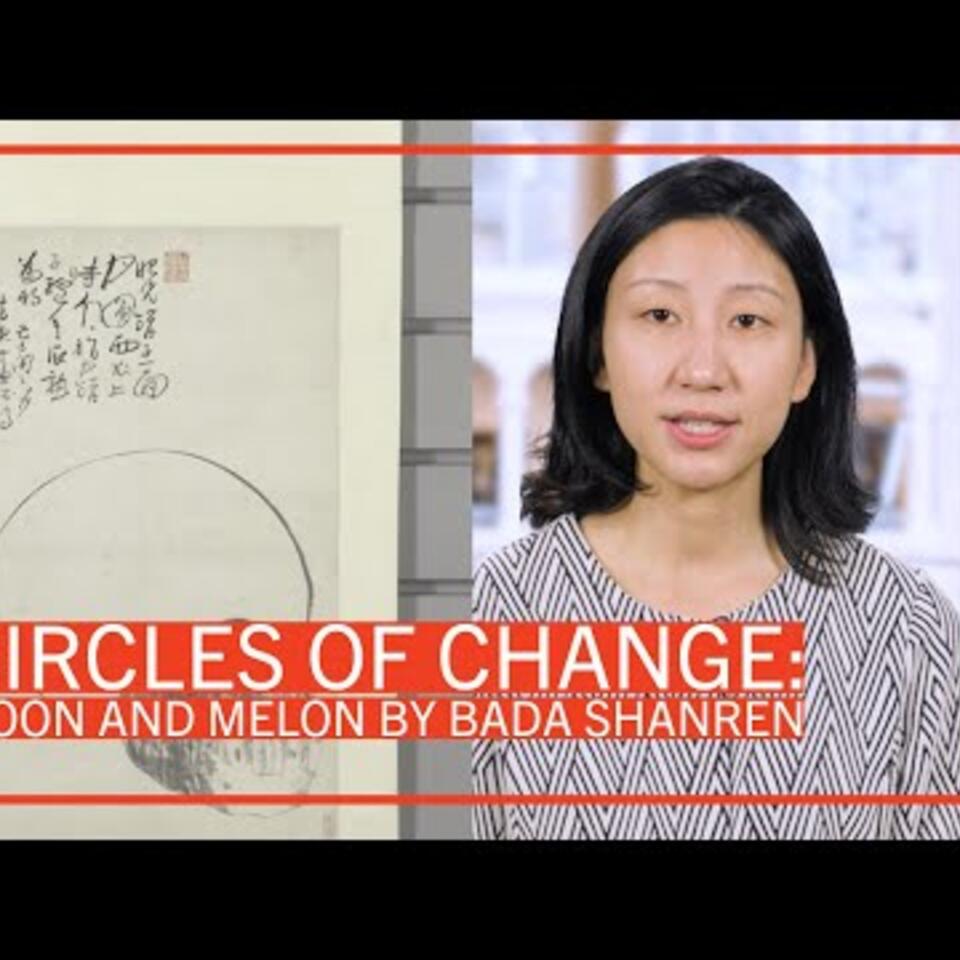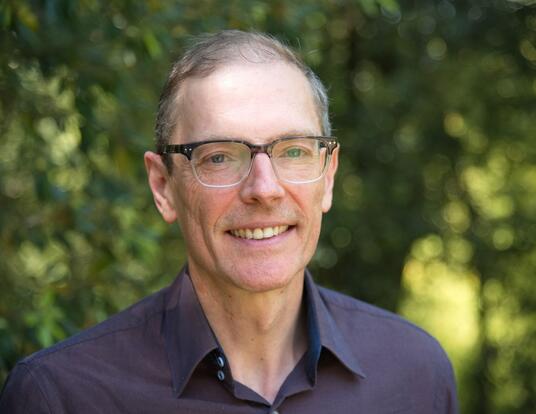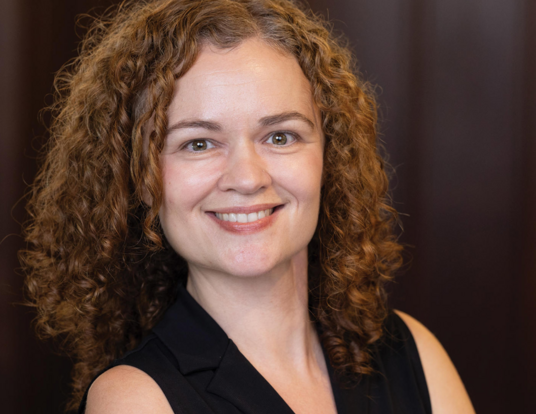A Historian Among Lawyers
Danny Jacobs, PhD ’23
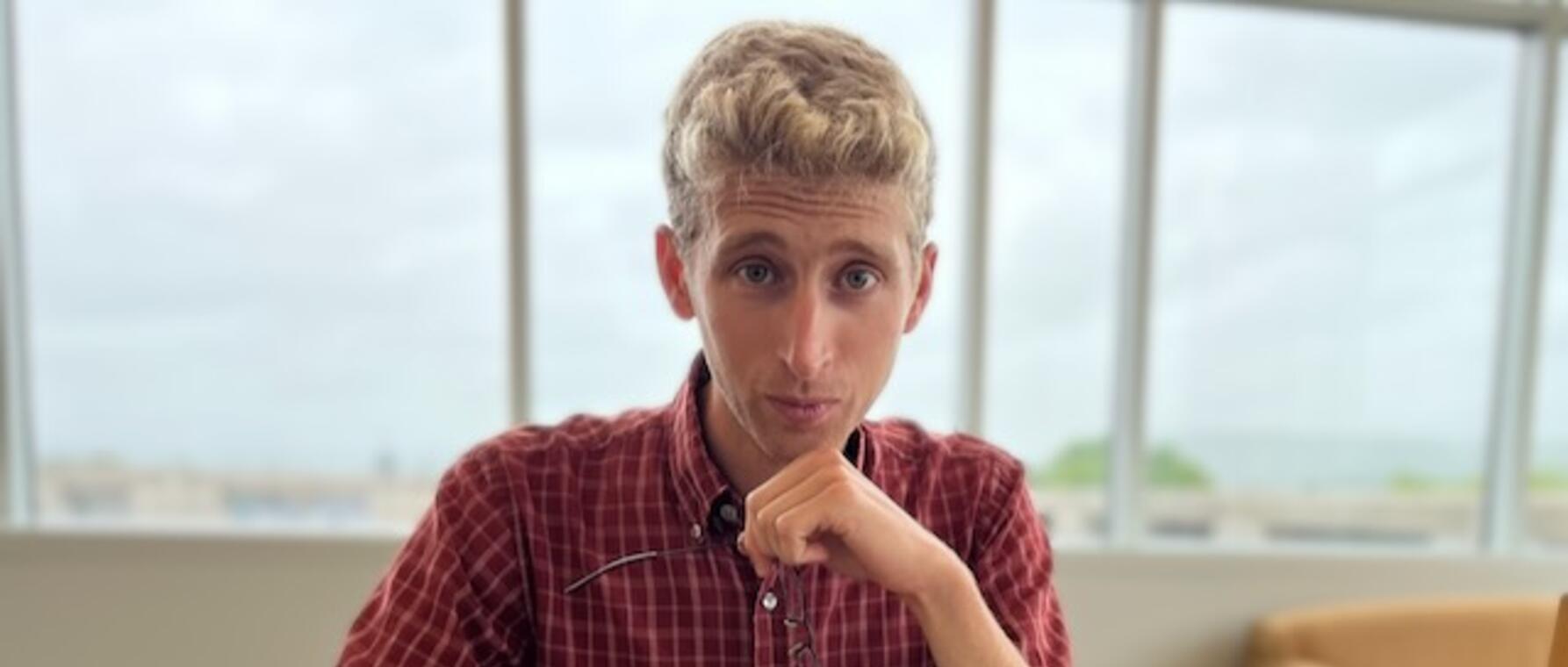
Danny Jacobs earned his PhD in history at Harvard Griffin GSAS, studying property rights in the Middle Ages. He discusses his research, his path from Harvard to the University of Chicago Law School (where he is a first-year JD candidate), and how his family inspired his turn to academia.
PhD to Law School
I’ve been interested in history since I was very little. In college, I was a classics major, but I was also interested in American history and the connections between those two fields. Of course, there’s a lot of space between classical antiquity and early American history, and in grad school, I settled almost exactly between the two.
At Harvard, my research focused on the idea of individual rights and private property in the later Middle Ages. I argued that two ways of thinking about individual rights came out of that period. One was closely tied to remedies: how I get into court, what I say to the judge, how the judgment is executed. The other is tied to what we would call natural rights—less focused on the courtroom and more focused on rights in the abstract. My dissertation discussed how those two ways of thinking about rights differed, how the tension between them was transmitted to the early modern world, and what implications that tension might have for modern legal theory.
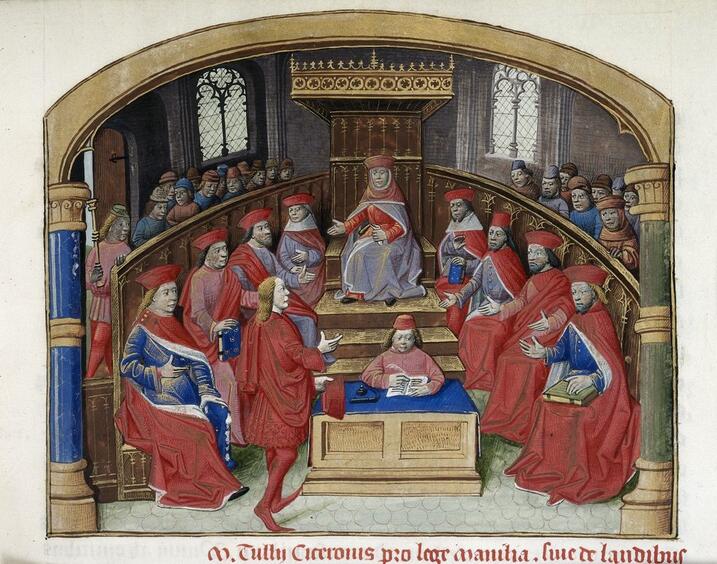
I didn’t consider law school until I was a couple of years into my PhD. A lot of my research and teaching took place at Harvard Law School, and I came to see how complementary the two degrees are. I like feeling that I have a foot in both worlds—being a historian among lawyers and a lawyer among historians.
Parenting by Professors
Both of my parents are professors. Growing up, I saw how committed they were to their work. I don’t think many scholars work a traditional “9 to 5” job: they tend to be deeply engrossed in their research, even when they aren’t in the office. My parents certainly were (they still are), and that appealed to me.
Having professors for parents was something I deeply appreciated in graduate school, especially because getting a PhD is such a drawn-out experience. It took me seven years. Over such a long time, you start to internalize that it’s been years, and you’re still here. But my parents had been through that experience and come out on the other side, so they could empathize and give me helpful advice.
Around the time I started teaching, I remember telling them that I found it hard to get up in front of a room full of students and say that I had been wrong about something. Of course, I made mistakes in front of students—I still do—but I worried about how I could address those mistakes without damaging my credibility as a teacher. My mother said to me, “That’s part of the job. Your students appreciate it when you admit to making mistakes and explain what you did wrong. It’s part of what makes a good teacher.”
I’ve kept that advice in mind over the past few years. And it’s been borne out by my teaching evaluations. Students have told me that they appreciate it when I’m upfront about not understanding something, or about having made a mistake. It’s made teaching much easier—it’s made it much easier to speak up in a law school classroom too.
Staying True
I had two main advisors at Harvard. One was Emma Dench. I learned an enormous amount from her. She always reminded me that history is ultimately about good storytelling. As I became more interested in studying legal history, I came to love working through the technicalities and making use of the jargon. She would remind me not to lose the forest for the trees, and not to use jargon for jargon’s sake. That advice kept me true to the history I was trying to write.
My other main advisor was Charles Donahue Jr., who introduced me to medieval law. I think he enjoys being a lawyer among historians and a historian among lawyers. Whenever I saw him at the law school talking to law professors and JD students, he would be the historian in the room: the law does not explain itself, it has to be situated in a broader context. And whenever I saw him in the history department, surrounded by historians and PhD students, he would switch roles and become the lawyer: we have to get the rules right in order to answer the broader historical question we’re asking. That’s something I especially admire about him, and, as I’ve said, something I try to emulate now.
Get the Latest Updates
Join Our Newsletter
Subscribe to Colloquy Podcast
Simplecast


